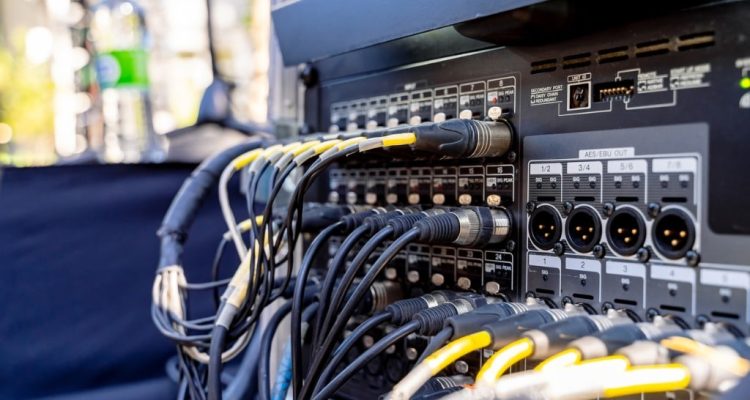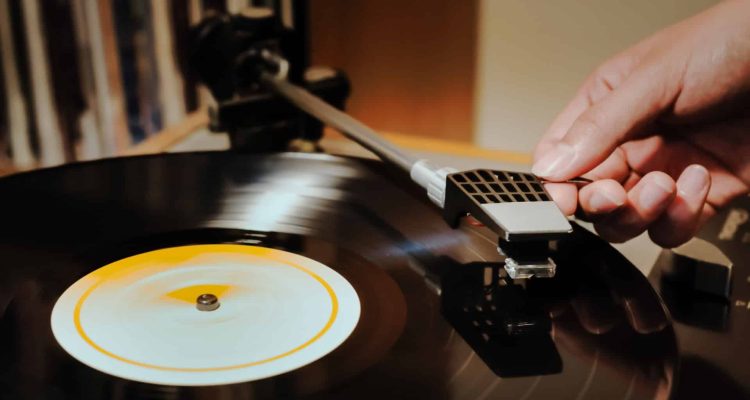

Impedance is a measure of opposition to the flow of alternating current (AC) in a circuit. It is measured in ohms and represented by the symbol Z. Unlike the pure resistance of a resistor, impedance is frequency dependent. In audio systems, impedance plays an important role in determining how efficiently power is transmitted from the audio source to the speakers.
The impedance of the output of a device (the source) must always be lower than the impedance of the input of the next device (the load). Prior to about 1980, impedances of devices were matched at 600 ohms. This required the use of transformers and/or resistor networks. This was required between every device in the system.
Since then, equipment has moved to bringing inputs where the load is 10 times or more the source impedance. This provides the maximum voltage transfer, which has made life much simpler for connecting a sound system. Except for guitars and some high-impedance microphones, we can, using the correct cable, plug everything in and go.
Where we do have to be aware is in the amplifier-to-speaker connection. Amplifiers output a voltage signal, and speakers are designed to convert that voltage signal into an acoustic signal, producing sound. The impedance of the amplifier and the speaker must be matched properly or else the system will not work optimally.
Unlike the rest of the system, where the impedances are pretty much taken care of by the manufacturer, we have the ability to put various speaker loads on the amplifier. How efficiently an amplifier works is dependent on the load presented to it. The lower the impedance of the load, the more power drawn from the amplifier.
However, the amount of power available from the amp is limited by several factors, and you cannot just load up as many speakers as you want. You risk overheating the amp, causing it to shut down or worse. You will also cause the amp to distort, possibly damaging your speakers.
Most professional amplifiers today can safely run into a 4Ω load and many into a 2Ω load. You should always reference the manufacturer’s specifications and recommendations when determining the acceptable load. Typical rated speaker impedances are 2Ω, 4Ω, 8Ω, and 16Ω. As the impedance changes with frequency, most speakers are rated at the lowest point.
This is where you have to use some math to determine speakers you can connect to your amplifier. When you connect similar speakers in parallel, you take the impedance of each speaker, and divide by the number of speakers that are connected.
It is simple if all the speakers are the same. If you have four 8Ω speakers, then 8Ω/4 speakers = 2Ω. If you have two 16Ω speakers, then 16Ω/2 speakers = 8Ω. If you have three 4Ω speakers, then 4Ω/3 speakers = 1.33Ω. If your amplifier is capable of running into a 2Ω load, you could connect four 8Ω speakers in parallel, but you could not connect three 4Ω speakers together.
The power from the amplifier will be divided between the speakers. If the amplifier does 1,000 watts into a 2Ω load, and you have the four 8Ω speakers in parallel, they will each approximately 200 watts. Consult the amplifier manufacturer’s specification sheet for its power output.
The gauge and length of the speaker will also affect the power delivered, as there is resistance in the cable. The smaller and longer the cable, the more resistance and the less power delivered. You want to keep the runs as short as possible and use an appropriate wire gauge. There are many sources online that will calculate what size wire is recommended for a particular length and speaker impedance.
Galaxy Audio has been in the audio equipment business since 1977. We are recognized worldwide as a leader in precision audio technology, and our products have graced the stages of some of the music business’s biggest stars.
Our reputation for creating superior audio equipment and dedication to innovation has withstood the test of time. Whether you need speakers, microphones, monitors, or other high-quality sound equipment, Galaxy Audio can help!






